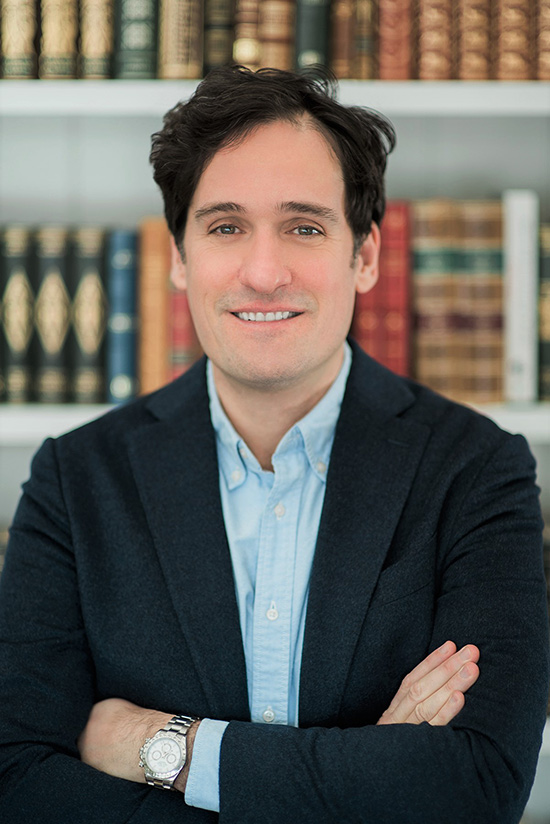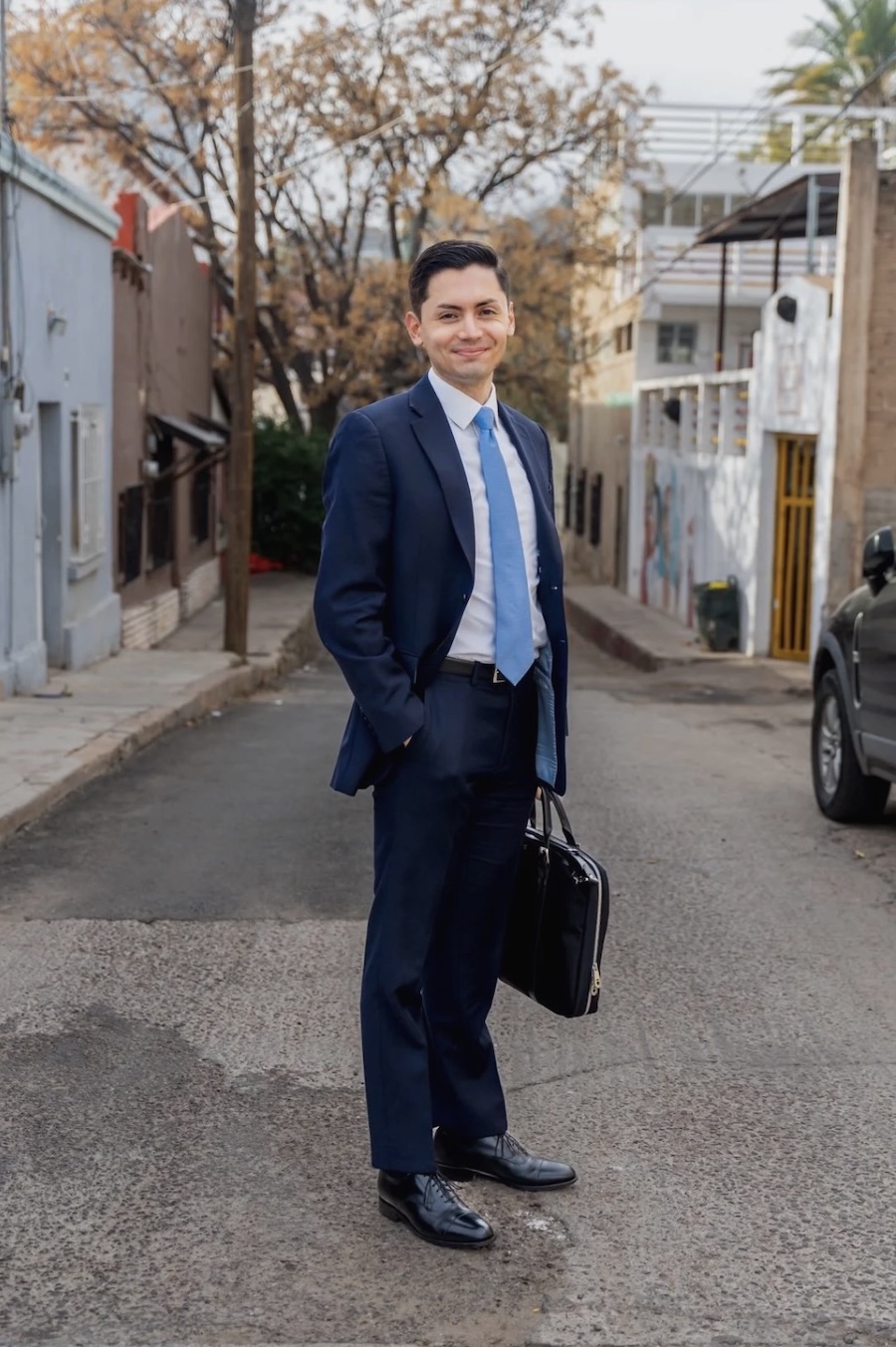Niles Bryant Named Senior Vice President and Chief Investment Officer at Bowdoin College
By Bowdoin NewsK. Niles Bryant will become the next senior vice president and chief investment officer at Bowdoin College, where he will be responsible for managing the College’s $1.8 billion (as of June 30, 2020) endowment, the largest portion of which is permanently restricted to the support of student financial aid.

Bryant’s appointment is effective July 1, 2021. He will succeed Paula Volent, who announced in February that she intends to step down in June after more than twenty years in the position.
“Niles’s exceptional experience and skills, his record of achievement, and his deep commitment to Bowdoin’s mission make him the ideal person to succeed Paula in this work that is vital for the College and especially for the students and families supported through our endowment returns,” said Bowdoin President Clayton S. Rose.
As senior vice president and chief investment officer, Bryant will be a member of Bowdoin’s senior leadership team, reporting to the president. “I have known Paula for my entire investing career and have always admired her investment judgment, passion for markets, and dedication to Bowdoin,” noted Bryant. “The portfolio she has built is truly one of a kind and her devotion to Bowdoin’s success in unmatched.”
Bryant joined Bowdoin’s investment office in April 2020 as director of investments, following sixteen years as an investment professional and earlier as an attorney specializing in capital markets and mergers and acquisitions. Most recently, he served on the investments team as director of real assets at the Gordon and Betty Moore Foundation, a Bay Area private foundation with an $8 billion endowment. From 2004 to 2008, Bryant was associate director of investments at the Carnegie Corporation of New York, one of the nation’s oldest private foundations, where he worked with Chief Investments Officer D. Ellen Shuman, a member of the Bowdoin Class of 1976.
Stanley Druckenmiller ’75, the chair of Bowdoin’s Investment Committee, said, “Niles will do an outstanding job as our next CIO, and I look forward to working with him.”
“Niles is uniquely positioned for this leadership position at Bowdoin,” said outgoing Chief Investment Officer Paula Volent. “During this recent challenging period, Niles has worked side by side with me and our Investment Committee on managing Bowdoin’s portfolio, augmenting the investment team, and carrying out our due diligence on potential opportunities. I have great confidence that the Bowdoin endowment will be in the very best of hands going forward. I look forward to working with Niles over the next four months to facilitate a smooth leadership transition.”
Prior to his work in the field of investments, Bryant was an associate at the New York City law firms of Dewey Ballantine and Winston & Strawn. He is a graduate of the University of Michigan, where he earned his undergraduate degree magna cum laude in classical archaeology, and where he was also elected to Phi Beta Kappa. He earned his law degree at the Duke University School of Law in 1998 and his MBA in 2003 at Dartmouth College’s Tuck School of Business.
The Bowdoin endowment consists of more than 1,700 individual funds earmarked for the perpetual support of a variety of College initiatives. On June 30, 2020, the endowment was valued at $1.8 billion and provided $71.8 million to the annual operations of the College. Of the total endowment distribution in 2019–2020, approximately $33 million supported financial aid, accounting for approximately three-quarters of Bowdoin’s $45 million financial aid budget in the last fiscal year.
As of June 30, 2020, the three-, five-, and ten-year annualized returns for Bowdoin’s endowment were 10.7 percent, 8.5 percent, and 11.6 percent, respectively—all in the top fifth percentile among comparative college and university annualized returns, where the respective median returns were 5.2 percent, 5.0 percent, and 7.4 percent.
The endowment portfolio is diversified across different asset classes, including domestic and international equities, fixed income, private equity, venture capital, real estate, and absolute return strategies.



